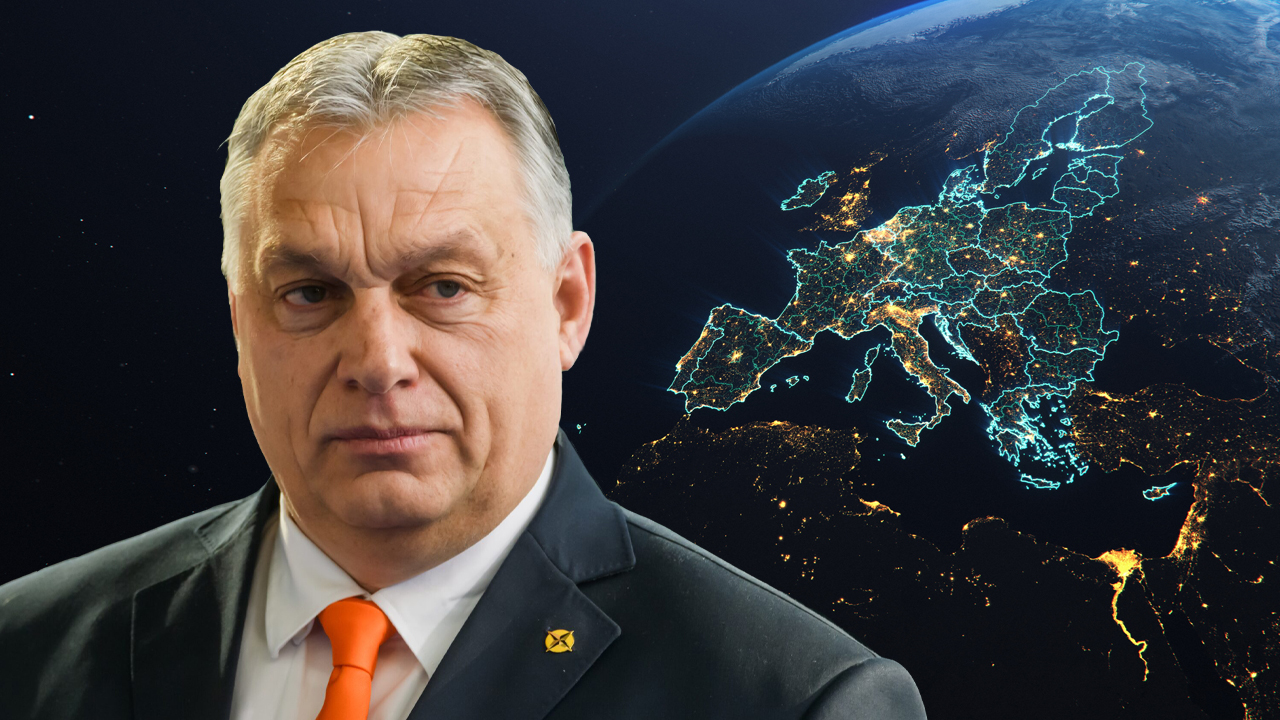Europe is suffering and struggling to contain an energy crisis according to various reports that say the eurozone might have to deal with a cold winter that could lead to energy rationing and blackouts. A recent survey published by the General Confederation of Greek Workers (GSEE) shows seven out of ten Greeks purchase less food in order to pay for energy costs and fuel. Moreover, Hungary’s prime minister Viktor Orban explained in a social media post on Saturday that “Europe has run out of energy.”
EU Deals With Ongoing Energy Crisis — Hungary’s Premier Blames ‘Fundamentalist Greens and the Bureaucrats’ for Europe’s Issues
Rising energy costs have propelled Europe into an economic tailwind and most of the problems stem from the Ukraine-Russia war. Russia has choked off energy supplies to the economic and political union that consists of 27 member countries. Just recently, members of the European Union and G7 finance ministers pledged to enforce price caps on electricity and crude oil. Meanwhile, Russian president Vladimir Putin explained on Wednesday that Russia would not supply gas, oil, coal, and heating oil to the West.
The energy crisis is causing Europe to consider energy rationing concepts and reports say Europe’s gas shortages could last until at least 2025. Furthermore, a recent survey published by the General Confederation of Greek Workers (GSEE) indicates that Greeks are spending less on food because of rising energy costs. 20% of the GSEE survey participants said that they spend “much less” on basic food and 51% said they spent “less” on basic food items because of the rising energy prices.
“The Greek economy and society, after years of austerity, are facing a new wave of price increases and revaluation of basic goods, and stagnant incomes threaten the purchasing power of many households and social groups,” the survey notes. Furthermore, 47% of the GSEE survey respondents told the researchers that they thought a “difficult winter” was coming. One individual out of every five Greek respondents explained that this winter they might not be able to foot the bill when it comes to energy supplies.
Hungary’s prime minister Viktor Orban predicted Europe would be dealing with a recession amid the region’s red hot inflation in mid-July. In a Facebook post published on Saturday, Orban insists Europe has run dry of energy. The premier blamed “fundamentalist greens and the bureaucrats” for Europe’s energy issues. “If we want to dig to the bottom of the problems, we always end up in the same place: the question of energy,” Orban remarked. Hungary’s premier added:
And the situation is that Europe has run out of energy.
Hungary is a member of the European Union, alongside Sweden, Portugal, Romania, Slovakia, Slovenia, Spain, Luxembourg, Malta, Netherlands, Poland, Austria, Belgium, Bulgaria, Croatia, Republic of Cyprus, Czech Republic, Denmark, Estonia, Finland, France, Germany, Greece, Ireland, Italy, Latvia, and Lithuania. Orban stressed that despite Europe running out of energy, Hungary will be just fine.
“What can Hungary do in this situation? First of all, I would like to make it clear that Hungary and the Hungarian government will do what is required by the homeland,” Orban said. We [won’t] have a shortage of energy. This is not a prediction, this is a statement of fact. There will be gas in Hungary and enough electricity.”
What do you think about Europe’s energy crisis and Viktor Orban’s statements? Let us know what you think about this subject in the comments section below.
Image Credits: Shutterstock, Pixabay, Wiki Commons
Disclaimer: This article is for informational purposes only. It is not a direct offer or solicitation of an offer to buy or sell, or a recommendation or endorsement of any products, services, or companies. Bitcoin.com does not provide investment, tax, legal, or accounting advice. Neither the company nor the author is responsible, directly or indirectly, for any damage or loss caused or alleged to be caused by or in connection with the use of or reliance on any content, goods or services mentioned in this article.



